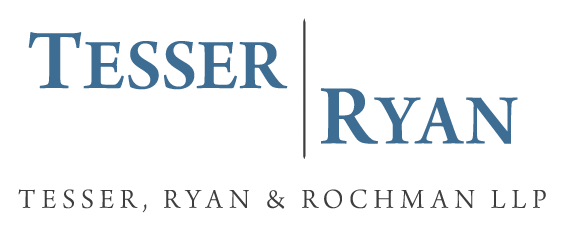State Court finds that Private Placement Memorandum does not Warrant Summary Judgment
By Lewis Tesser, Partner, and Timothy Nolen, Associate, of Tesser, Ryan & Rochman, LLP
A recent New York County Supreme Court decision demonstrates the high threshold a plaintiff must meet to obtain summary judgment based on a “written instrument for the payment of money.” The litigation concerned issues of business law and civil procedure.
The case, Scheck v. Barbarian Films, LLC, 2011 N.Y. Misc. LEXIS 3282, No. 103918-2010 (Sup. Ct. N.Y. County, July 1, 2011), involved a private placement memorandum which the plaintiff argued reflected an unconditional obligation to pay money. However, the memorandum stated that, “[i]f the Redemption Amount… is or would be less than $500,000, the Manager in the Manager’s sole discretion may reject the Redemption Notice.” Because of this language, Justice James found that the memorandum and the emails modifying it were not an “unconditional instrument evidencing an obligation to pay a sum at a certain time.”
Scheck reflects the manner in which New York courts closely examine the language of such documents when parties move for summary judgment. There, a close reading of the memorandum shows that the Manager’s reservation of discretion undermined the “unconditional” nature of the instrument.
The attorneys at Tesser, Ryan & Rochman have years of experience handling business and shareholder disputes. Our experience allows us to advise clients concerning effective litigation strategy.
